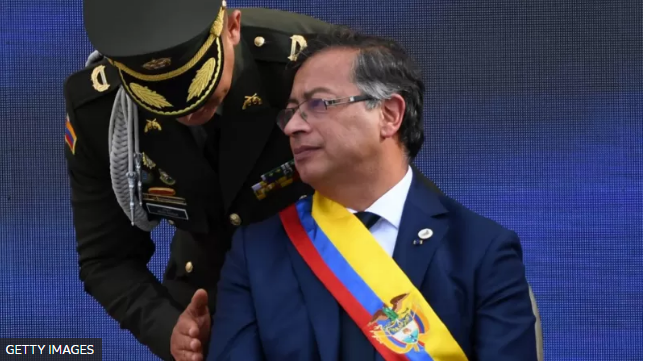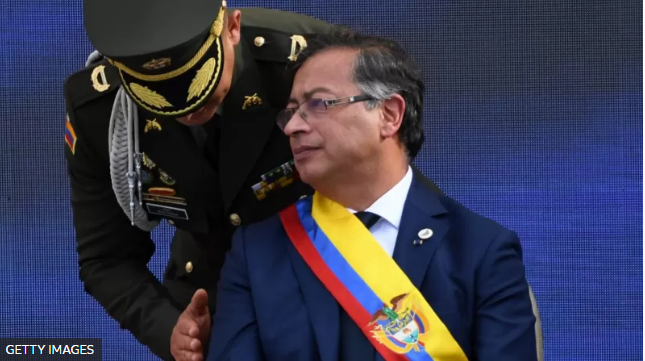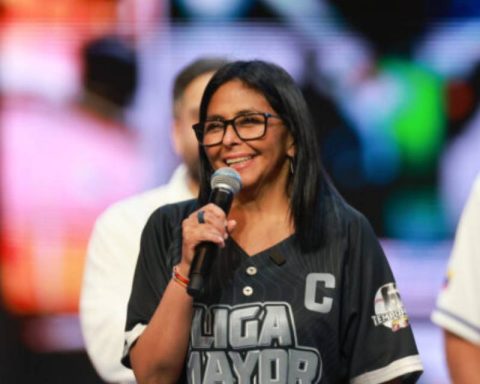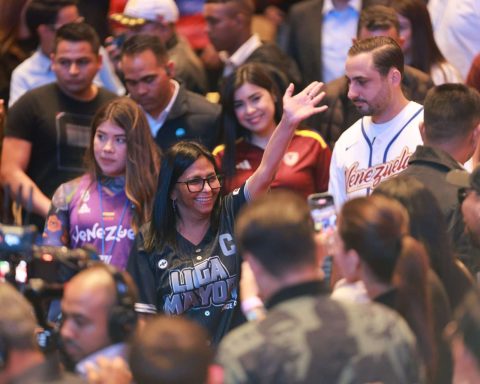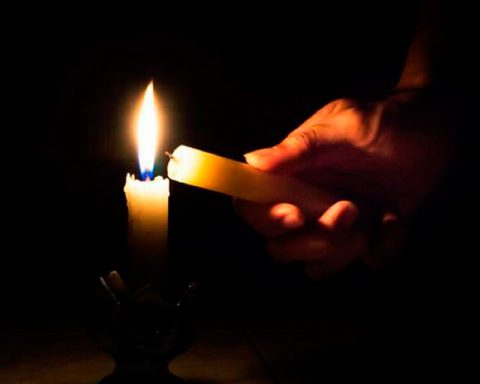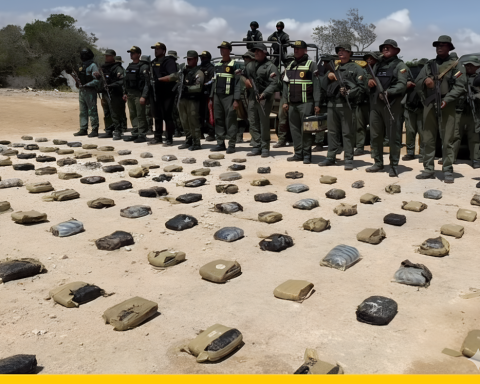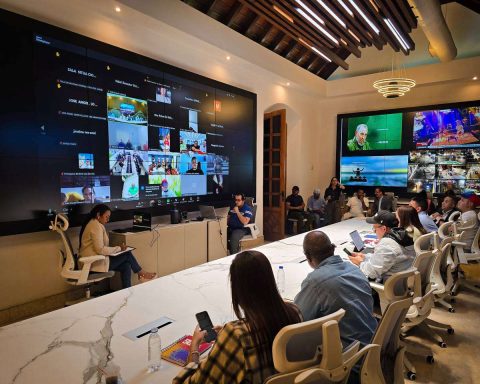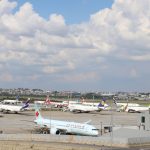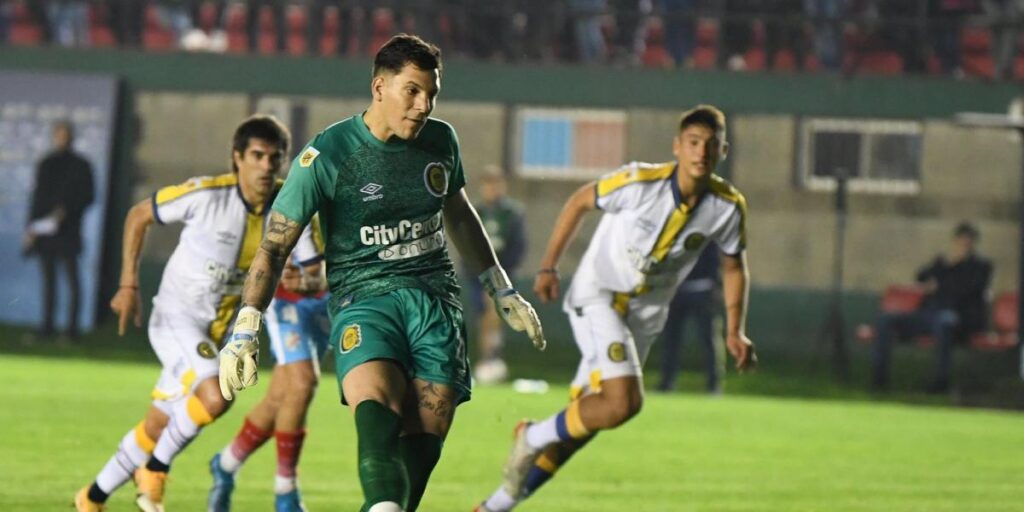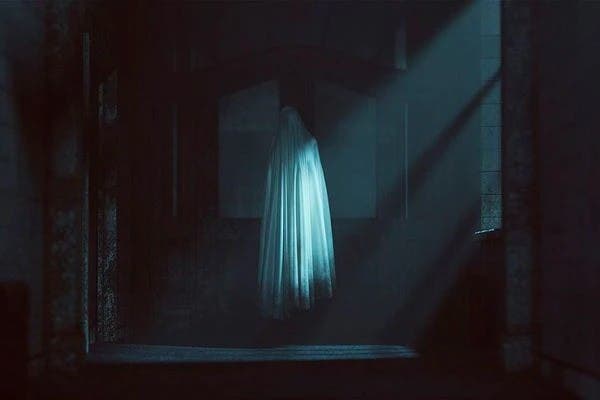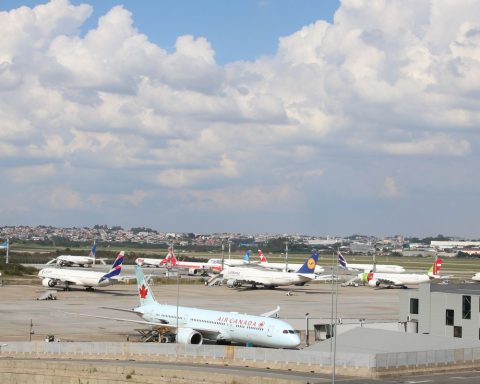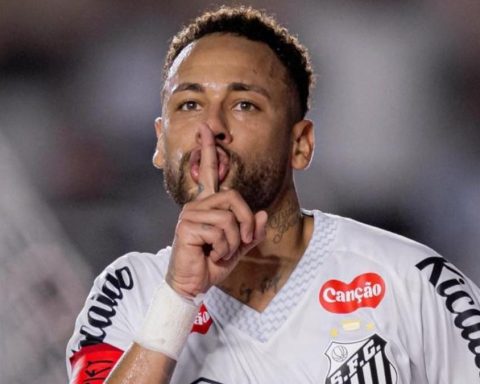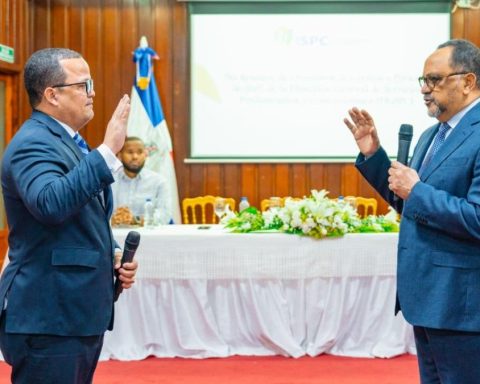The Colombian Armed Forces, one of the most powerful in Latin America, are now led by one of their many former enemies, former guerrilla fighter and new president Gustavo Petro.
After demobilizing in 1990 from the M19, a guerrilla group, Petro made a successful political career thanks, among other things, to his denunciations of corruption and human rights violations by the military.
Now that he was elected, even in the face of public opposition from high-ranking army commanders, Petro appointed Defense Minister Ivan Velasqueza renowned jurist who also made a career denouncing the abuses of some soldiers during the conflict between the State and the guerrillas.
Petro comes to power with the promise of “total peace”. In addition to reaching agreements with the current armed groups in search of their demobilization, the new president hopes to generate conditions to resolve the causes of the war: inequality in land ownership, lack of opportunities in the countryside, drug trafficking.
“The war on drugs has led States to commit crimes and has evaporated the horizon of democracy,” Petro said in his inaugural speech, in which he proposed a change in strategy to end what he called “eternal war.” ».
The flag of “total peace” is, to say the least, ambitious. And not exactly the same one that prevails in the barracks, where armed action against criminals is still considered the most effective option to achieve peace.
In addition, the demobilization of the FARC guerrilla in 2016 was not the end of the violence: dissident groups have proliferated, more cocaine than ever is being produced, and massacres and assassinations of social leaders have become routine.
Just before Petro’s inauguration, a “pistol plan” of the Gulf Clan, a neo-paramilitary organization that in two weeks killed a dozen policemen. On the day of the inauguration, however, the group declared a ceasefire.
Petro, in any case, receives a country plagued by violence. Peace is the first point of the decalogue with which he defined his objectives for the next four years. For this reason, part of the success of his government will depend on the relationship with the Armed Forces that start from a natural position of mistrust towards someone who was an insurgent for a decade.

looking forward
For this report, BBC Mundo spoke with several members of the military sector, some active members who asked not to disclose their identity, and others who had already retired.
Among the sources consulted there is, in general, a feeling of skepticism towards Petro.
The president has said that he wants to reduce defense spending and that exacerbates the feeling of rupture in some ranks accustomed to the condition of privilege due to the conflict.
“We are more expectant than concerned,” said John Marulanda, a former colonel and national president of Acore, an association of retirees.
“We are optimistic in the sense that we want peace, but at the same time we are concerned about the dynamics of violence,” said Alfonso Manzur, director of Veterans for Colombia.
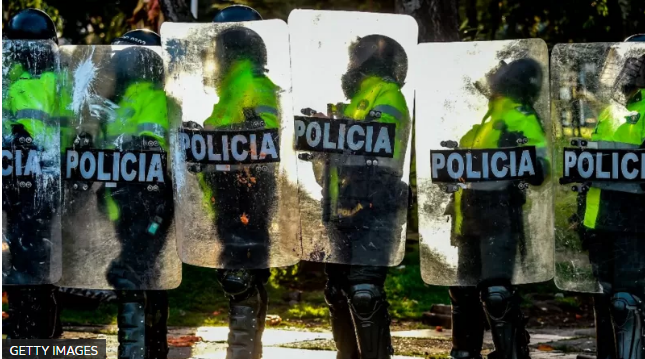
Guillermo León, former commander of the Air Force, stated: “This is not going to be as good as its supporters think or as bad as its critics think.”
During the campaign, Petro received the support of dozens of retired military officers, most of whom were supporters of the peace process in 2016.
“I would say that there is 50% of worried pro-war soldiers who are waiting to be sent into battle and there is another 50% who are waiting to sign a peace agreement,” Marulanda speculated.
More than his status as a former guerrilla, there are two issues related to Petro that cause concern in some military: Minister Velásquez and the reform of the police.
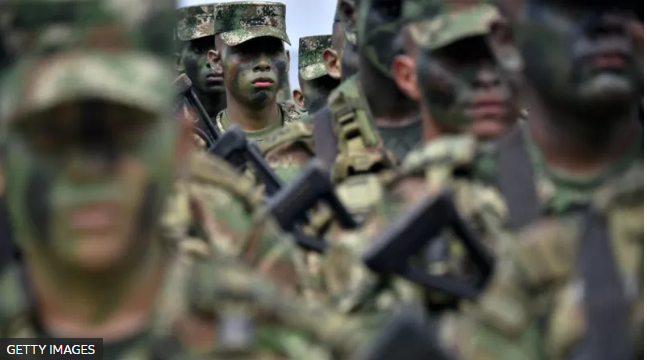
The inspector of the military is now their boss
Some interpreted Velázquez’s appointment as audacity, others as a challenge. Supporters of former President Álvaro Uribe, an old opponent of the now minister, saw him as a “threat.”
“This is not going to be a government for revenge, or persecution, or hatred,” Velásquez told Cambio magazine. “Naturally, it will not be a permissive government either.”
“All the tasks carried out by that government will be oriented towards the construction of peace and not towards the promotion of war,” he added.
As an assistant magistrate of the Supreme Court, Velásquez investigated and denounced the links between politicians, the military and paramilitaries, the illegal anti-subversive armies that killed more people than any other group during the war.
Dozens of politicians and soldiers were sentenced for the management of the then magistrate.
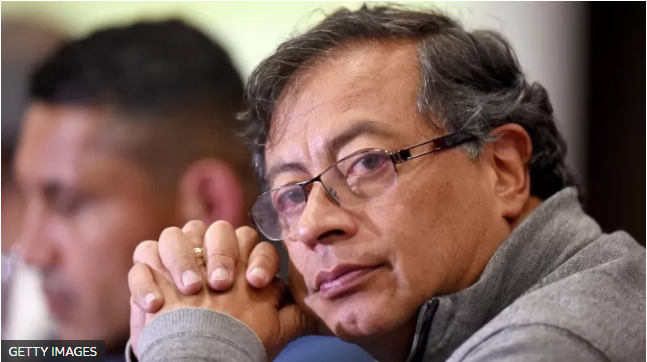
Velásquez has also been a vocal critic of Uribe, the former president closest to the military, whom he investigated two decades ago for his alleged link to emblematic paramilitary massacres in the Antioquia region.
American security analyst and expert on Colombia adam isaacson wrote this in an article: “For the first time, the recommendations of human rights defenders and social leaders will not be ignored (…) Iván Velásquez’s experience against corruption is more important than his lack of experience in anti-corruption matters.” Defending”.
Velásquez, in fact, knows little about military culture, weapons, operations. His theme has always been—and probably will continue to be—human rights.
“The minister is the one who has the possibility of qualifying services,” says Marulanda, referring to the power to modify hierarchical structures. “On how he does it, whether or not he respects the essence of the troops and the military tradition, depends on the support that the Forces give to his peace project or if, on the contrary, they enter into a process of sitting down (ineffectiveness)” .
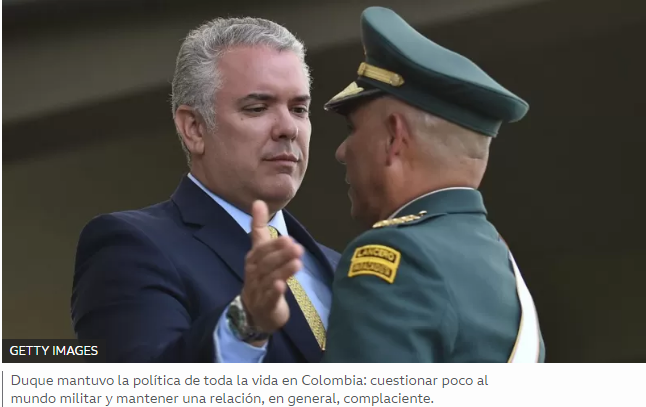
police reform
In addition to changing the paradigm to fight organized crime, Petro wants to remove the Police from the Ministry of Defense, a particular Colombian scheme that responds to its conflict situation.
“The departure of the Police from the Ministry of Defense is a decision made,” said Velásquez.
Last year, the strong repression of social protests by Esmad, the riot squad attached to the police, generated a new debate on the need to reform the Armed Forces, which have an anti-subversive tradition and tend to see any social unrest —some protests, for example—as an insurgent act.
Although there have been reforms, training and even the doctrine changed, the Armed Forces are still, in general, an institution of the last century. And that, according to experts, is also seen in the police, which have not fully adopted their civilian role.
The idea of Petro and Velásquez is to transfer the police to a Ministry of Peace and Security to strip it of a warmongering nature attached to the conflict. The soldiers consulted suspect that this has the risk of politicizing it and taking away its powers.
And the war, for many of them, continues. And, in a fragmented country where power is scattered, ending it does not only depend on the will of the president.
«The voluntarist vision thinks that things have not been done because no one has tried them, but the truth is that this is a very fragmented State, with a decentralized power, in which the president’s ability to execute is remote, no matter how may it be,” says María Victoria Llorente, a security expert and director of the Ideas for Peace Foundation.
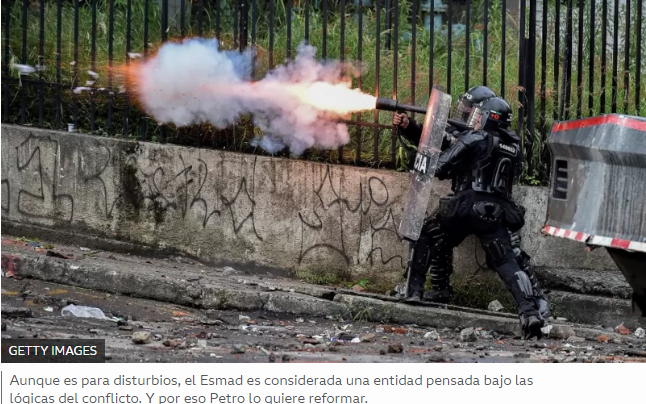
The analyst has doubts about the Ministry proposed for the Police: “Although peace and security are two sides of the same coin, it is preferable that each one have its own head.”
“Put them together, but don’t mix them, because they have different priorities and in the balance between these two, a harmonic midpoint is sought, which guarantees that peace advances instead of both issues stepping on each other and resources being wasted.”
Among the wide range of poles of power in Colombia, the military plays a central role. It is the country that spends the most on defense in Latin America and the closest military partner to the United States in the region. No national company has as many employees as the Ministry: almost half a million people.
Until now, no president like Petro started from a place so antagonistic by nature to the military.
“Our Armed Forces have a long tradition, are very conservative in their thinking and, in general, are designed for war,” says veteran León. “That is going to have to be understood by the new government; That doesn’t change from one day to the next.”
